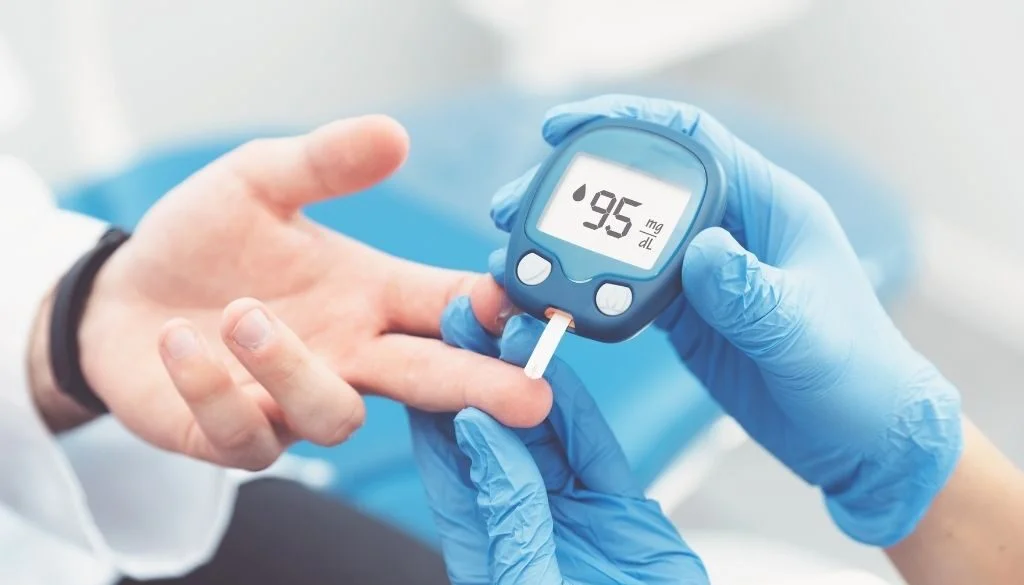By Desmond Nleya
Sugar diabetes, commonly known as diabetes mellitus, is one of the most pressing health challenges in the world. According to the International Diabetes Federation, nearly 1 in 5 adults in the UAE lives with diabetes — a concerning figure that demands national awareness, lifestyle changes, and early interventions.
What is Sugar Diabetes?
Sugar diabetes, or Type 1 and Type 2 diabetes, is a chronic condition that affects how the body processes blood sugar (glucose). In Type 1 diabetes, the body fails to produce insulin, while in Type 2 diabetes — the more common form — the body becomes resistant to insulin or doesn’t produce enough of it.
Common Symptoms of Diabetes
Many people may have diabetes without knowing it because symptoms can develop slowly. Key warning signs include:
Excessive thirst and frequent urination
Unexplained weight loss
Extreme fatigue
Blurred vision
Slow-healing wounds
Tingling or numbness in hands and feet
Increased hunger
Early detection is crucial. The UAE government encourages regular health check-ups through the Ministry of Health and Prevention (MOHAP) and SEHA health screening programs.
Risk Factors
Several cultural and environmental factors in the UAE increase the risk of developing diabetes:
Sedentary lifestyle: Hot weather discourages outdoor activity, especially in summer.
High-calorie diets: The popularity of fast food and processed meals increases sugar and fat intake.
Genetic predisposition:
Obesity:
Prevention and Lifestyle Modifications
Though Type 1 diabetes cannot be prevented, Type 2 diabetes is largely preventable through lifestyle changes, which are highly applicable in the UAE context:
1. Healthy Diet
Eat more fiber: Whole grains, legumes, fruits, and vegetables should be part of every meal.
Reduce sugar intake: Avoid soft drinks, desserts, and sugary teas, especially during social gatherings.
Choose healthy fats: Opt for olive oil, nuts, and avocados instead of fried or creamy foods.
Portion control: Traditional Emirati meals are often shared in large servings—portion awareness is essential.
2. Regular Exercise
Indoor gyms, mall walking, and home-based fitness programs are suitable alternatives during extreme heat.
The UAE government supports community initiatives such as Dubai Fitness Challenge and Abu Dhabi 360 to promote physical health.
3. Routine Screenings
Free diabetes screenings are often offered during World Diabetes Day in November.
MOHAP and other local health bodies recommend yearly blood sugar testing for individuals over 30 or with a family history of diabetes.
Management and Treatment
Diabetes has no permanent cure, but it can be effectively managed:
Medication: Type 2 diabetes may be managed with oral medications; Type 1 requires insulin injections.
Glucose Monitoring: Devices like glucometers help maintain target blood sugar levels.
Continuous medical care: Endocrinologists and diabetes educators in UAE hospitals provide tailored care plans.
Foot and Eye Care: Diabetes can affect circulation and vision—routine check-ups are crucial.
Government and Community Support in the UAE
MOHAP runs awareness campaigns and mobile clinics across emirates.
Dubai Health Authority (DHA) provides free seminars and subsidized treatment for UAE nationals and residents.
Lifestyle Medicine Clinics are being promoted in cities like Dubai and Sharjah to integrate exercise, diet, and psychological wellness in diabetes care.
Sugar diabetes is a silent but dangerous health issue. Awareness, early diagnosis, healthy diet, and physical activity are key to prevention and management. Whether you’re an Emirati, expat, or visitor, taking personal responsibility for your health can reduce your risk and improve quality of life.
Quick Tips for Daily Diabetes Prevention
Drink water instead of soft drinks, especially during hot days.
Take the stairs at work or walk inside malls.
Choose grilled over fried when dining out.
Check your blood sugar levels annually.
Reduce rice, bread, and sweet intake in traditional meals.
Let’s work together for a healthier, diabetes-free world.


